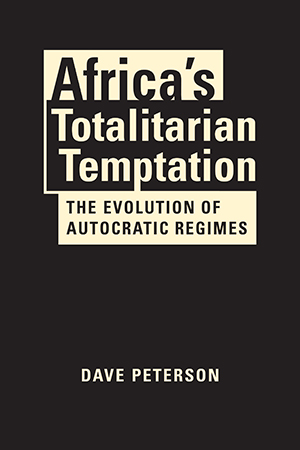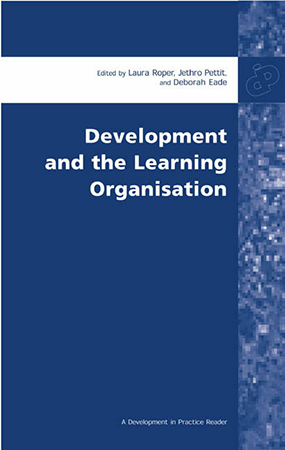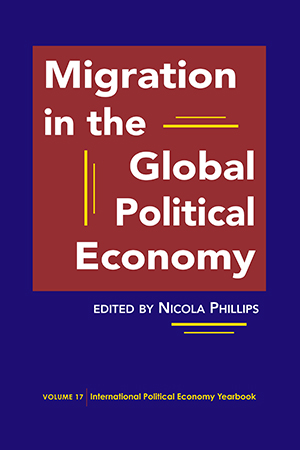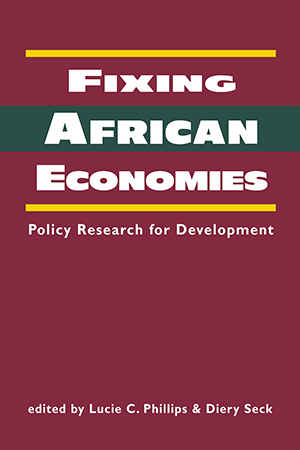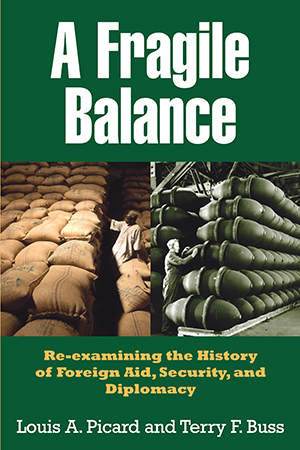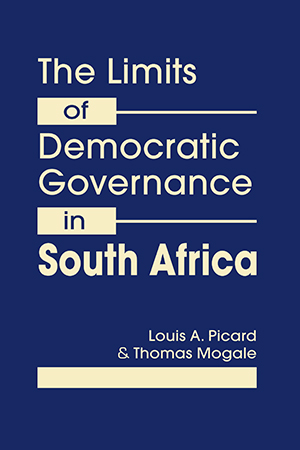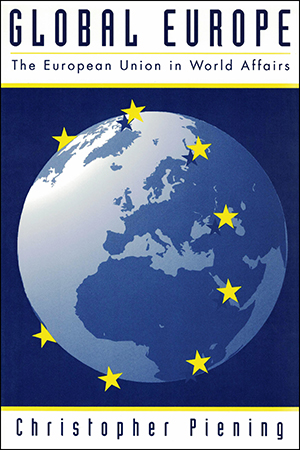BOOKS
Disappointment with the ability of democracy to deliver economic rewards in much of Africa—and with the persistence of instability, corruption, and poor governance in democratic More >
As development NGOs and aid agencies embrace the idea of "becoming a learning organization," they are increasingly concerned with issues of knowledge generation. This collection, More >
How does the evolution of global capitalism shape patterns and processes of migration? How does migration in turn shape and intersect with the forces at work in the global economy? How More >
When African countries embarked on the first round of structural adjustments in the 1980s and 1990s, there was little opportunity to first determine what programs would work More >
Louis Picard and Terry Buss trace the history of US foreign aid from the earliest assumptions of manifest destiny to the present, placing their discussion within the context of broader More >
In the transition from apartheid rule to democratic governance in South Africa, what has been the impact on South African society at its base—on the people in the country's cities, More >
The European Union (EU), though comprised of fifteen separate, sovereign states, is constrained by treaty to act "as one" in key areas. And as trader, investor, aid donor, and most More >
Legalized gambling has spread like wildfire through the United States, with only Hawaii and Utah still prohibiting all of its forms. The reason? Gambling has become the method of choice for More >
What happens when external forces are brought to bear on domestic grievances and governance institutions? In environments profoundly affected by both violent extremist organizations and More >



